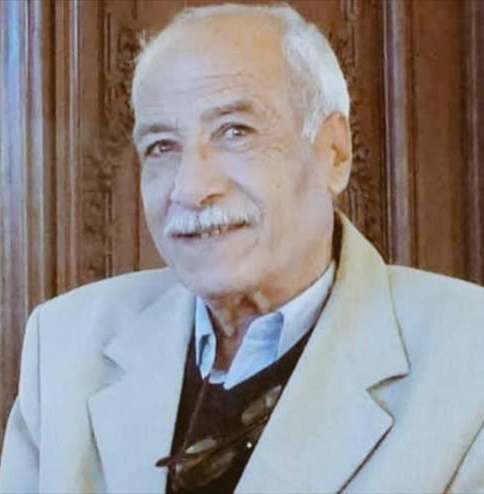
Damascus, December 12 (RHC)-- On Tuesday, the body of Dr. Hamdi Ismail Nada, a prominent Syrian chemist, was found in his residence in Damascus, after being murdered under “mysterious circumstances,” according to the Iranian media Hispan TV. The identities of the killers are also unknown.
This incident took place after the terrorist group Hayat Tamir al-Sham (HTS) seized power in Syria, after overthrowing the government of Bashar al-Assad. The incident could signal the “beginning of chaos and targeted assassinations orchestrated by global intelligence agencies,” according to analysts. In addition, it is an event that highlights the deterioration of the security situation in Syria.
Arab media point out that the murder of the Syrian chemical scientist could have been perpetrated by the Israeli spy service (Mossad) and the United States. Both are guilty of the murder of more than 5,500 Iraqi scientists since the invasion of Iraq in 2003, as well as numerous scientists who were at the forefront of the Iranian nuclear program.
The Mossad and the US Central Intelligence Agency (CIA) have killed several Iraqi scientists who refused to cooperate with these agencies, especially experts in the chemical and nuclear fields.
In this regard, chemical scientist Ismail Nada is believed to have been killed as his research was allegedly linked to the Syrian Scientific Studies and Research Center (SSRC).
The institution is considered the best-equipped research center in Syria and works with the Syrian Atomic Energy Commission, forming a nexus between the country's main atomic institutions, military and scientific establishments.
Nada's assassination coincides with multiple Israeli strikes in the past 24 hours against facilities linked to the SSRC, representing a broader campaign targeting Syria's scientific infrastructure.
Likewise, since the terrorist group HTS came to power in the Syrian Arab Republic, six extrajudicial executions have been recorded, according to reports from the Spanish news agency EFE, as well as the presence of extremist groups that, last Tuesday, for example, broke into Alawite-majority towns in the west of the country while chanting sectarian slogans.

